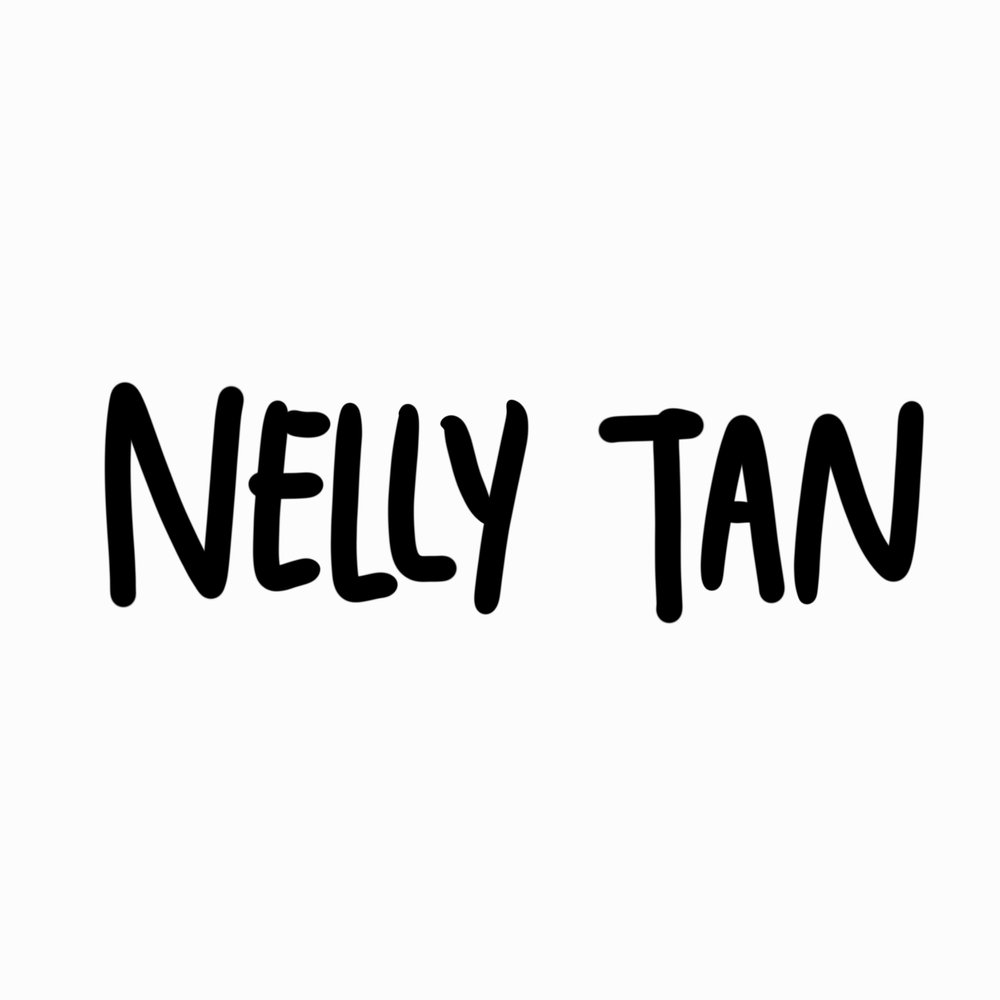Anthony Vidler
The Uncanny Architecture
The house provided an especially favoured site for uncanny disturbances: its apparent domesticity, its residue of family history and nostalgia, its role as the last and the most intimate shelter of private comfort sharpened by contrast the terror of invasion by alien spirits.
...any sentiments of doom were more easily attributed to the fantasies of the narrator...
...the house was itself an uncanny power, came unwillingly, against all reason, the more disquieting for the absolute normality of setting, its veritable absence of overt terror.
The effect was one of the disturbing unfamiliarity of the evidently familiar...
...the uncanny was intimately bound up with, but strangely different from, the grander and more serious "sublime," the master category of aspiration, nostalgia, and the unattainable.
(Burke) readily admitted that not everything that induced terror was sublime.
The uncanny, however, was perhaps the most subversive of all, not only because it was easily trivialised but also because it seemed at times indistinguishable from the sublime.
Jentsch attributed the feeling of uncanniness to a fundamental insecurity brought about by a "lack of orientation," a sense of something new, foreign, and hostile invading an old, familiar, customary world.
...at any moment what seemed on the surface homely and comforting, secure and clear of superstition, might be reappropriated by something that should have remained secret but that nevertheless, through some chink in the shutters of progress, had returned.
...the house was homely inside but most unhomely outside, illustrating Frued's intuition that from the homely house to the haunted house there is a single passage...
Art is then uncanny because it veils reality, and also because it tricks.
The vertigo of the sublime is placed side by side with the claustrophobia of the uncanny.

